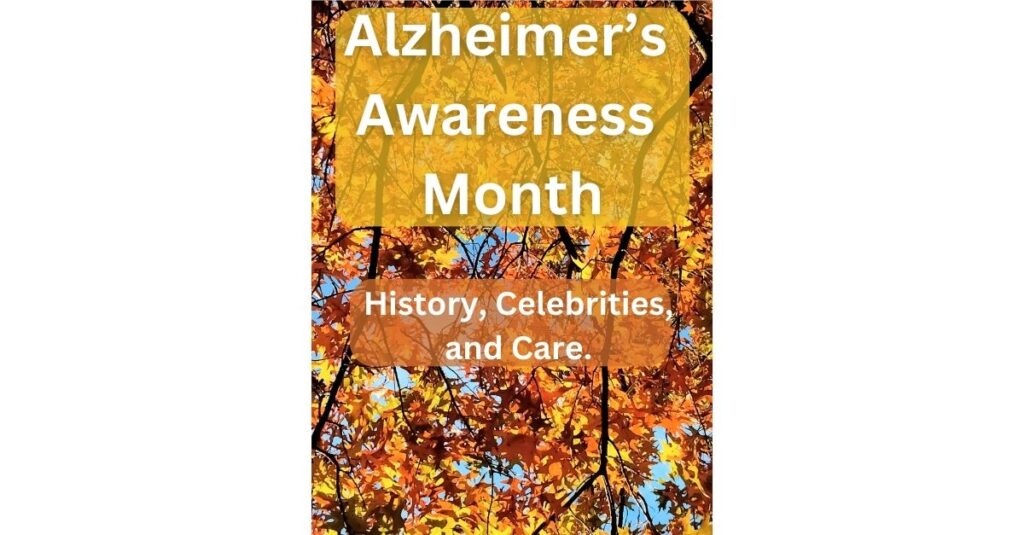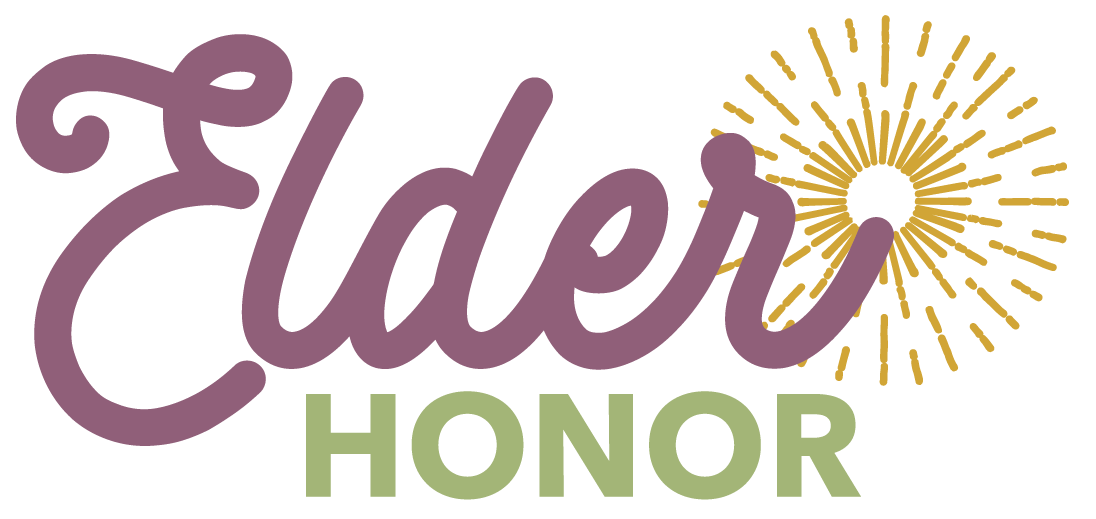
My Mom had Alzheimer’s disease starting in her late 70’s and progressively worsened until she passed away at 95. As a family we didn’t recognize the disease until it was obvious that something was wrong. This is how many realize that a parent or loved one has the disease. Through the years we discovered what we could and couldn’t do to help Mom and ourselves to work through the disease.
Given that November is Alzheimer’s Awareness Month, I wanted to provide you with an understanding of what it is and how to love someone through the journey. This is not an attempt to give you detailed information on all aspects of the disease, for that I would recommend the Alzheimer’s Association as the authority. I hope this provides a short introduction.
I’ve broken this up into several sections to be posted over the next several weeks.
Discovered and formally named in 1906, Alzheimer’s disease, is named after German psychiatrist and neuropathologist Alois Alzheimer, it continues to evade a cure. Alzheimer recognized something different in his one of his patients, Auguste Deter, who exhibited perplexing symptoms: memory deterioration, linguistic impairments, and unpredictable behavior. Alzheimer initiated a profound study of her brain, discovering, amyloid plaques and neurofibrillary tangles. These plaques and tangles have been a focus of discovering a cure ever since.
Types of Alzheimer’s Disease
Early-Onset Alzheimer’s:
- Early-onset Alzheimer’s is relatively rare and affects individuals under the age of 65.
- It is often caused by specific genetic mutations and can be inherited.
- Symptoms may appear as early as a person’s 30s or 40s, severely impacting daily life.
Late-Onset Alzheimer’s:
- Late-onset Alzheimer’s is the most common form of the disease, usually affecting individuals over the age of 65.
- Although the exact cause is not fully understood, factors such as age, genetics, and lifestyle may contribute to its development.
- Memory loss, confusion, and difficulty performing familiar tasks are common symptoms
Familial Alzheimer’s Disease (FAD):
- Familial Alzheimer’s disease is a rare genetic form that is inherited within families.
- Mutations in specific genes, such as the APP, PSEN1, and PSEN2 genes, can lead to FAD.
- Individuals with FAD have a higher risk of developing Alzheimer’s at a younger age.
Noteworthy Actors, Singers, Musicians Ensnared by Alzheimer’s:
- Charles Bronson: Appeared in tough-guy films: The Magnificent Seven, The Dirty Dozen, and The Great Escape.
- Glenn Campbell: Singer, songwriter, actor, and television show host. The entertainer helped spread more awareness for the disease when he agreed to be the subject of a documentary called “Glenn Campbell: I’ll Be Me.” The documentary highlighted his fight with the disease.
- Perry Como: Known for his Christmas television specials and cardigan sweaters. Songs included “Prisoner of Love” and “No Other Love” made him famous.
- Aaron Copeland: The “Dean of American Music.” Composed Fanfare For The Common Man, Rodeo, and Appalachian Spring.
- James Doohan: Played the role of Scotty in Star Trek.
- Peter Falk: Played Detective Columbo in the long-running series Columbo.
- Rita Hayworth: Actress and dancer in the 1940s, a “pin-up girl” for American soldiers during World War II, died at the age of 68, one of the first major stars who had the diagnosis.
- Charlton Heston: Known for his role in several epic films, including The Ten Commandments and Ben Hur among others.
- Norman Rockwell: one of America’s most famous artists, was known for his covers of Saturday Evening Post.
- James Stewart: “Jimmy” known for his role in “It’s a Wonderful Life,” among many others.
- E.B. White: Children’s author, Charlotte’s Web and Stuart Little.
- Malcolm Young: AC/DC retired in 2014 due to health reasons and died in 2017.
- Burgess Meredith: Mickey, Rocky’s trainer in the Rocky movies.
Caring for Those with Alzheimer’s
Providing care and support for individuals with Alzheimer’s disease requires compassion, patience, and understanding. Here are a few tips to help you navigate this challenging journey:
1. Establish a Routine:
Stick to a regular daily routine to provide a sense of familiarity and stability for the person with Alzheimer’s. This can help reduce anxiety and confusion.
2. Create a Safe Environment:
Modify the living space to ensure it is safe and easy to navigate. Remove tripping hazards, install handrails, and label important items to aid memory and independence.
3. Communicate Effectively:
Use clear and simple language when speaking with someone with Alzheimer’s. Maintain eye contact, speak slowly, and give them ample time to process information.
4. Engage in Meaningful Activities:
Encourage participation in activities that the person enjoys and that stimulate their mind and senses. This could include puzzles, music, art, or gentle exercise.
5. Seek Support:
Don’t hesitate to seek support from healthcare professionals, local support groups, or online communities. Connecting with others who understand your challenges can provide valuable guidance and emotional support.
Conclusion
I’ll post more ways you can care for a loved one with Alzheimer’s disease over the next couple of weeks. These posts are to raise awareness of this disease. I ask that you repost or respond to these posts to spread awareness many others that need to hear this message.
For those of you that are on that caregiving journey today, you have my respect. It can be frustrating and rewarding at the same time. Reach out for help, there are many that have gone through this before that are willing to help, sometimes multiple times as my wife and I have, . Reach out, there’s no shame is asking.


Leave a Reply